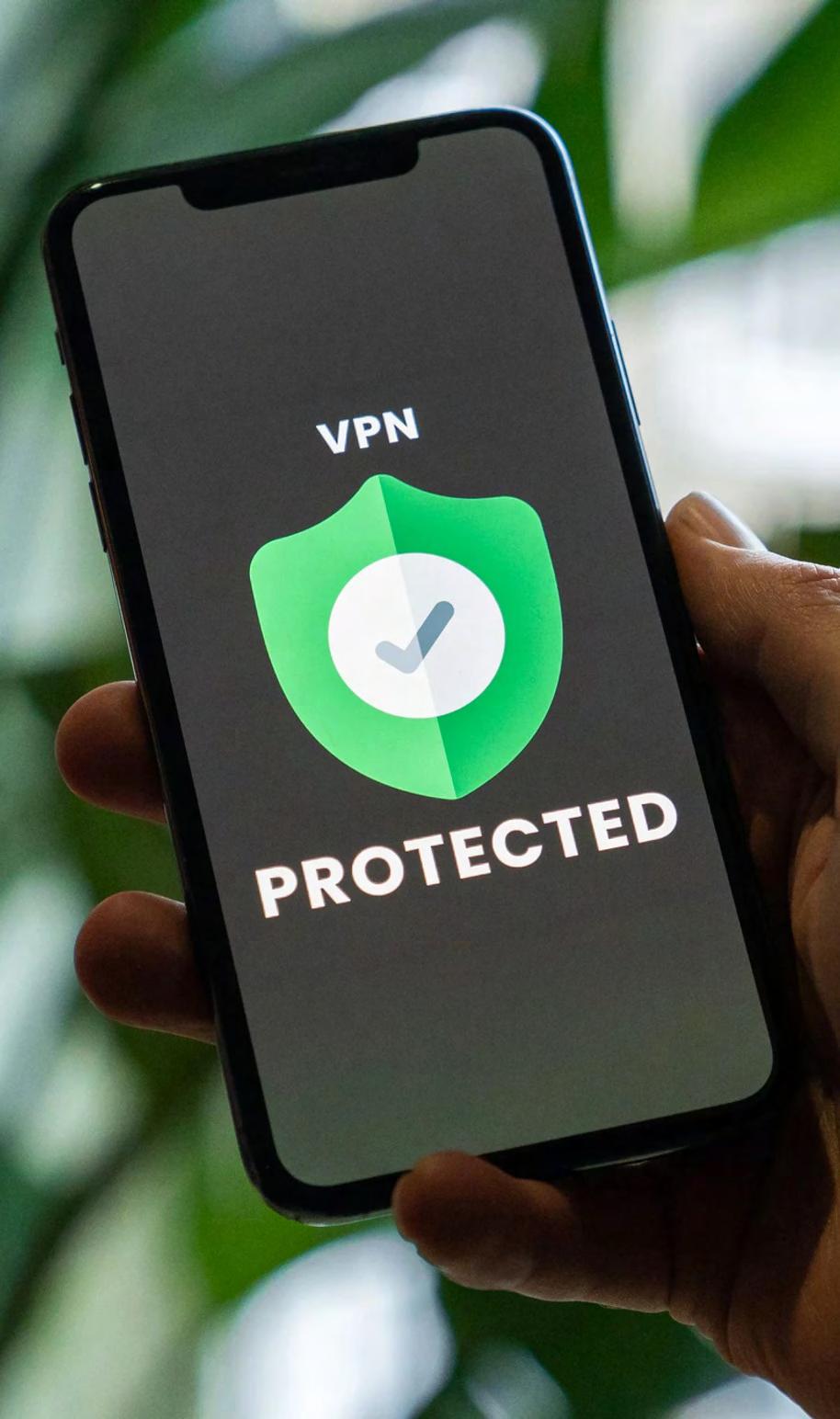
2 minute read
[New] HOW TO BOOST CYBER SECURITY FOR SMALL BUSINESSES
✦ It's not just the big corporations that are the targets of cyber attacks. Small businesses also need to step up and learn to defend themselves effectively.
We live in an interdependent ecosystem of small, medium, large businesses. Protecting our cyberspace is not just about keeping our individual business safe. If your business gets cyber attacked, hackers may use your network as a way in to get to the networks of other companies who are connected to you.
What are some things you can do as a small business to keep your cyber space nice and clean?
1. INSTALL ANTIVIRUS SOFTWARE
Choose one that can protect all your devices from viruses, spyware, ransomware and phishing scams. It should also help clean your devices and remember to keep this software updated regularly. If we can't be two steps ahead of hackers, at least it pays to be on par with them. Updates ensure that you are safe from the latest threats.
2. STAY UPDATED
All the software you use across all devices should be updated. Make sure you choose automatic updates so you don't forget.
3. BACK UP IMPORTANT FILES
Never say, 'oh well, I'll back everything up tomorrow'. Seriously, do it now, do it regularly and heck, just set it to automatic as well! If you get cyber attacked, your information could be lost completely. Imagine a hacker kidnapping your data and demanding a ransom for you to access them again. It's not going to happen. You'll never see your data ever again. Back them up. To the cloud or to an external storage. But do it. Beef up security ➸
4. LIMIT ACCESS
Not everyone from the newest intern to the ex-CEO needs access to everything in your business. Restrict access especially to critical data to a minimum. Make it clear and transparent who has access so everyone is accountable. This can help minimise data breach.
5. MAKE SURE YOUR PASSWORD IS NOT 1234
Use a strong password or even a passphrase on all devices that contain sensitive data. We're talking about at least 15 characters in length containing a mix of upper and lower-case letters with numbers and symbols. And when you do come up with a really powerful password, make sure you change it at intervals to be doubly safe. It's also advisable to enable multi-factor authentication (MFA) if available on all your devices and apps.
6. DON'T TALK TO STRANGERS
This old-school advice holds true even in cyber space. Don't click on random links or download strange attachments. Don't install anything you are not sure of or know. Don't give strangers your confidential information. No proper organisation will ever ask you for your passwords.
Cyber attacks are every bit as aggressive and traumatic and your brain would in fact register this experience as if your body has been physically attacked. Panic, frustration, regret, paranoia are consequences of a cyber security breach, and inevitably, we end up asking why me, what did I do wrong, why was I so... you get the idea.
So it really is something worth investing time, money and effort in. Sit down with your team and do a risk assessment and if need be, consult a professional about how to best go about ensuring cyber security for your business.

![[New] ADULTS ARE TAKING FLIGHT WITH BALLET!](https://assets.isu.pub/document-structure/230115041436-d7f9067096cb91d1a8fb10c5b61a0598/v1/2cc6d97e885c3275be67624b3aacc36b.jpeg)








